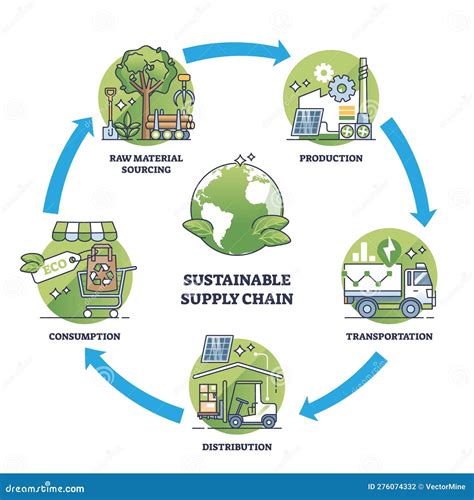Building a Sustainable Freight Brokerage: Cost Management
The freight brokerage industry is competitive. Building a sustainable and profitable brokerage requires meticulous cost management. Ignoring expenses can quickly lead to financial instability, hindering growth and potentially causing business failure. This article delves into effective strategies for controlling costs and building a financially resilient freight brokerage.
What are the Major Costs in a Freight Brokerage?
Understanding your cost structure is paramount. Key expense categories include:
- Technology: Software subscriptions (Transportation Management Systems – TMS, CRM, rate management tools), website maintenance, and communication platforms represent significant ongoing costs. Choosing cost-effective yet powerful tools is crucial.
- Marketing & Sales: Lead generation, advertising (online and offline), sales team salaries and commissions, and business development activities are vital for attracting new clients. Focusing on high-ROI marketing strategies is key.
- Insurance: Freight broker insurance is mandatory and can be a considerable expense. Shop around for competitive rates and consider your risk profile.
- Office Expenses: Rent, utilities, supplies, and equipment represent overhead costs. Optimizing your workspace and leveraging remote work options can minimize these expenses.
- Payroll & Benefits: Employee salaries, benefits, and payroll taxes are major expenses, especially as your business grows. Efficient staffing and competitive compensation packages are essential.
- Legal & Compliance: Legal fees, licensing fees, and compliance training are ongoing costs. Staying up-to-date with regulations minimizes legal risks and associated expenses.
- Bad Debt: Unpaid invoices from shippers or carriers constitute a significant risk. Robust credit checks and diligent collections practices are crucial for minimizing losses.
How Can I Reduce Costs in My Freight Brokerage?
Cost reduction isn't about slashing expenses indiscriminately; it's about optimizing your operations for efficiency and profitability. Here are some effective strategies:
1. Negotiate Favorable Rates with Carriers:
Building strong relationships with carriers is crucial. Negotiate favorable rates, leveraging volume and consistent business to secure better deals. Understanding market rates and carrier capacity is vital for effective negotiation.
2. Leverage Technology for Efficiency:
Invest in a robust TMS to automate tasks, streamline workflows, and improve operational efficiency. This can significantly reduce manual labor costs and minimize errors. Explore cloud-based solutions for lower upfront investment and scalability.
3. Optimize Your Marketing Strategy:
Focus on targeted marketing campaigns with a high ROI. Analyze your marketing data to identify what's working and what's not. Consider digital marketing strategies, content marketing, and networking to reach potential clients efficiently.
4. Control Overhead Costs:
Evaluate your office space needs and consider options like co-working spaces or remote work to reduce rent and utility expenses. Implement cost-saving measures for supplies and equipment.
5. Implement Robust Credit & Collections Practices:
Thorough credit checks before accepting new clients are essential. Establish clear payment terms and implement a proactive collections process to minimize bad debt.
6. Automate Administrative Tasks:
Automation can streamline various administrative tasks, reducing manual effort and potential errors. Look for software solutions that can automate invoicing, payment processing, and communication with carriers and shippers.
What are Some Common Mistakes to Avoid?
- Underestimating Costs: Thoroughly research and budget for all potential expenses, including unexpected costs.
- Ignoring Technology: Failing to invest in appropriate technology can hinder efficiency and increase operational costs.
- Poor Carrier Relationships: Neglecting to build strong relationships with carriers can lead to higher rates and inconsistent service.
- Inefficient Marketing: Wasting money on ineffective marketing strategies can drain resources without generating sufficient leads.
- Lack of Financial Planning: Failing to establish a robust financial plan can lead to cash flow problems and hinder long-term sustainability.
How Can I Track and Manage My Freight Brokerage Costs Effectively?
Regularly monitor your key performance indicators (KPIs), such as gross margin, operating expenses, and net profit. Use financial reporting tools to track your expenses across different categories and identify areas for improvement. Consider consulting with a financial advisor experienced in the transportation industry to develop a comprehensive financial strategy.
By diligently managing costs and implementing the strategies outlined above, freight brokerage businesses can build a strong foundation for long-term success and sustainability in this competitive landscape. Remember that proactive cost management is not just about cutting expenses; it's about optimizing operations for maximum efficiency and profitability.

